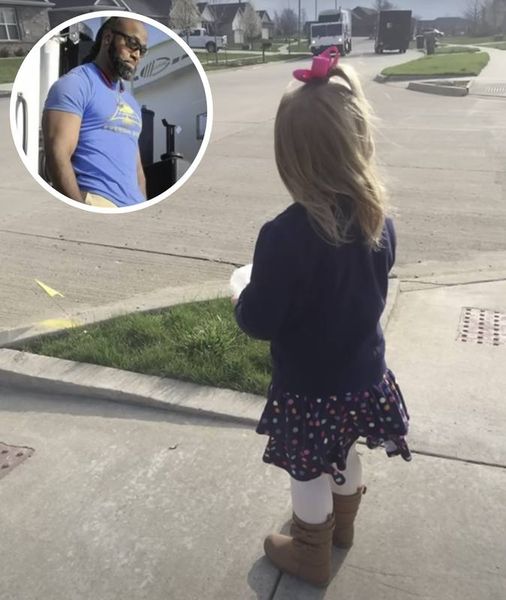In an uplifting tale, Celine Casey recently shared the heartening moment when her two-year-old daughter, Vienna Shaw, bid farewell to a congenital melanocytic nevus (CMN) on her forehead. However, this triumphant moment was not without its share of criticism from medical authorities.

Photo Credit: viennarosebrookshaw/Instagram
Vienna, born with a rare birthmark affecting just one in 20,000 newborns, faced challenges that extended beyond physical implications. Celine, upon learning about the birthmark, grappled with concern, fearing she might have made a mistake during her pregnancy. While the birthmark itself posed no threat to Vienna’s physical health, Celine recognized the potential impact on her daughter’s mental well-being as she navigated social interactions with other children.
To shield Vienna from potential stares and questions, the family occasionally concealed the birthmark by covering her face during outings. When seeking assistance from the NHS, they faced discouraging feedback. Medical professionals deemed the operation to eliminate the mark as cosmetic and, therefore, outside the scope of their assistance.

Photo Credit: viennarosebrookshaw/Instagram
Disagreeing with this perspective, Vienna’s parents were driven by a deep fear of potential teasing affecting her mental health. Casey also worried that if they didn’t act, her daughter might develop resentment toward them in the future. Taking matters into their own hands, they launched a crowdfunding campaign and raised an impressive $52,000 within 24 hours. However, increasing hospital costs necessitated an additional $27,000, which they successfully raised through a new funding request.
A significant disagreement emerged between the medical team and Vienna’s parents. While the parents sought surgical removal, the surgeon declined, asserting that the decision should be deferred until Vienna could make it herself. This sparked a controversy, with Vienna’s father expressing disappointment. A consulting dermatologist supported the surgeon, stating that the mark posed no threat to Vienna’s health and was non-cancerous.

Photo Credit: viennarosebrookshaw/Instagram
Now at the age of two, Vienna has successfully undergone surgery, leaving only a faint scar between her eyebrows. Celine regularly updates her social media followers on Shaw’s scar and recovery process, receiving comments on the child’s newfound beauty.
Even with the birthmark eradicated, the family continues to assess the scar’s healing, occasionally traveling between cities. Vienna, now living the life of a typical two-year-old, highlights the delicate balance between parental advocacy and a child’s autonomy in medical matters.

Photo Credit: viennarosebrookshaw/Instagram
While Vienna’s parents aimed to secure her social acceptance and well-being, medical professionals emphasized the importance of respecting Vienna’s future autonomy in her body. The girl’s inspiring journey serves as a reminder of the complex ethical considerations surrounding parental authority and individual autonomy, sparking broader reflections on the rights of minors in the medical sphere.
Sources: Bright Side
